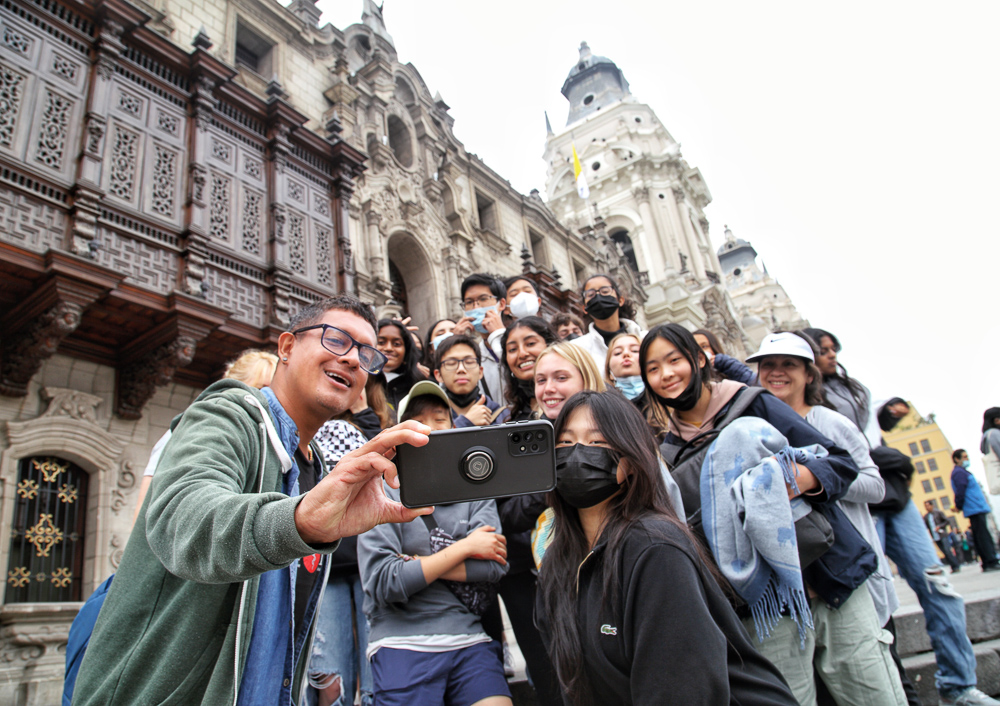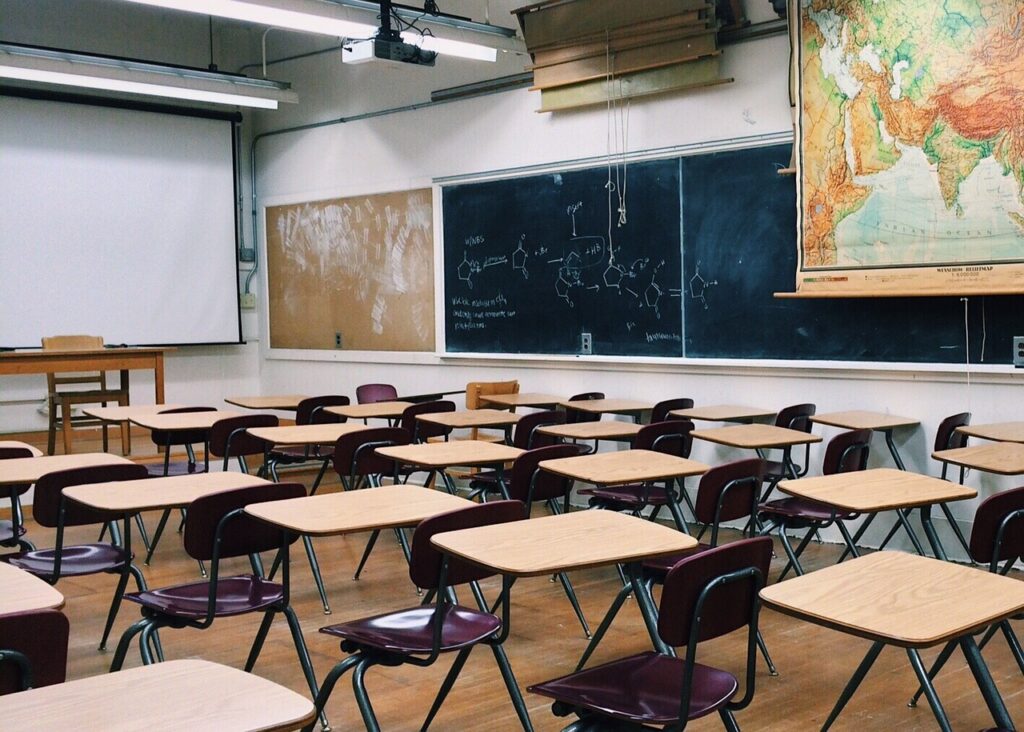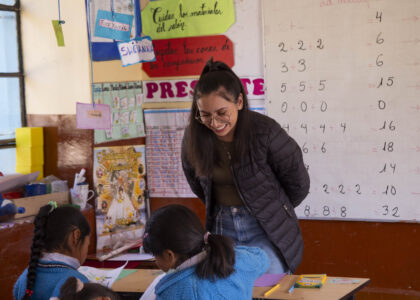Educational travel is a transformative experience that significantly enhances teaching skills, particularly through Spanish immersion programs. Understanding the educational travel benefits can inspire teachers to incorporate these adventures into their professional development plans.

Improving Language Proficiency
Engaging in educational travel adventures allows teachers to immerse themselves in a Spanish-speaking environment, rapidly improving their language skills. Language immersion is one of the most effective ways to gain proficiency. Teachers participating in Spanish classes abroad can practice speaking, listening, reading, and writing in real-life contexts, accelerating their learning process. This hands-on experience is far more effective than traditional classroom learning, as it involves constant exposure to the language in everyday situations.
Moreover, language immersion helps teachers develop a deeper understanding of the nuances and cultural contexts of the language. This comprehension is essential for effective communication and teaching. By becoming fluent in Spanish, teachers can connect better with their students, especially those who are native Spanish speakers, creating a more inclusive and supportive classroom environment.

Fostering Cultural Understanding
Educational travel is not just about language acquisition; it also fosters cultural understanding. Immersing oneself in a different culture helps teachers appreciate and respect diverse perspectives and traditions. This cultural awareness is crucial in today’s multicultural classrooms, where students come from various backgrounds.
By participating in Spanish immersion programs, teachers experience the daily life, customs, and traditions of Spanish-speaking countries. This exposure helps them develop empathy and cultural sensitivity, which they can bring back to their classrooms. Understanding the cultural context of their students’ backgrounds allows teachers to create more relevant and engaging lesson plans, fostering a more inclusive learning environment.

Enriching Classroom Dynamics
The benefits of educational travel extend to enriching classroom dynamics. Teachers who have experienced immersion programs can incorporate authentic materials and real-life examples into their curriculum. This approach makes learning more engaging and relevant for students. For instance, a teacher who has lived in Peru can share personal stories, cultural artifacts, and firsthand experiences with their students, making lessons more vibrant and interesting.
Moreover, teachers who are proficient in Spanish can provide better support to their Spanish-speaking students, helping them understand the material and succeed academically. This support is essential for building students’ confidence and encouraging their participation in class.

Enhancing Teaching Methodologies
Educational travel also influences teaching methodologies. Exposure to different educational systems and teaching styles abroad can inspire teachers to adopt new approaches and techniques. For example, teachers might observe how Spanish educators integrate language learning with cultural activities, project-based learning, or collaborative exercises. These innovative methods can be adapted and implemented in their classrooms to improve student engagement and learning outcomes.
Additionally, participating in language immersion programs helps teachers develop adaptability and problem-solving skills. Navigating a foreign environment and overcoming language barriers require creativity and resilience, qualities that are valuable in the classroom. Teachers can apply these skills to manage diverse classroom situations and create a more dynamic learning experience for their students.
Building Professional Networks
Educational travel provides opportunities for teachers to build professional networks with educators from around the world. These connections can lead to valuable collaborations, knowledge exchange, and support systems. By participating in Spanish immersion programs, teachers can join a community of like-minded professionals who share a passion for language learning and cultural exchange.
Networking with international educators can also lead to opportunities for collaborative projects, such as pen-pal programs, joint research initiatives, or cultural exchange programs for students. These projects can enrich the educational experience for both teachers and students, fostering a global perspective and mutual understanding.

Personal and Professional Growth
The personal benefits of educational travel are equally significant. Teachers who engage in travel adventures often experience personal growth, gaining confidence, independence, and a sense of accomplishment. These experiences can rejuvenate their passion for teaching and inspire them to bring new energy and ideas to their classrooms.
Professional growth is another key advantage. Teachers who participate in language immersion programs demonstrate a commitment to continuous learning and professional development. This dedication can enhance their resumes and career prospects, making them more competitive in the job market.
Engaged Education: Transformative Educational Travel Experiences
Educational travel, particularly through Spanish immersion programs, offers numerous benefits for teachers. From improving language proficiency and fostering cultural understanding to enriching classroom dynamics and enhancing teaching methodologies, the impact of educational travel is profound. Teachers who embark on these adventures not only improve their skills but also bring back valuable experiences and insights that enrich their classrooms and benefit their students.
For more information on engaging volunteer opportunities, visit Engaged Education’s Language Immersion Programs for Teachers in Lima, Peru and Language Immersion Programs for Teachers in Cusco, Peru. To learn more about how you can make a difference, check out Engaged Education’s Tours Brochure.







